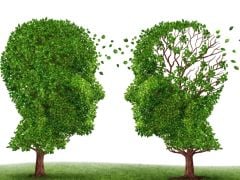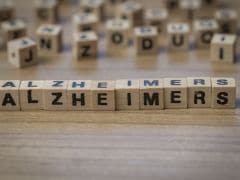


Scientists have found that faulty wiring in certain brain cells could interfere with hunger or satiety cues leading to eating disorders.Researchers from the University of North Carolina School of Medicine have pinpointed the precise cellular ...

Neurodegenerative diseases may be linked to defective brain cells disposing toxic proteins that make neighboring cells sick.

Residues of heptachlor epoxide were found in 90 percent of people who drank milk compared to 63 percent of those who did not drink any milk.

The team was able to find how brain cells respond to good nutrition or the lack of it, which aimed at improving prenatal care in humans and may also help in current research in the ...

Scientists have found that sleeping on one's side may remove brain waste, reducing the chances of developing Alzheimer's, Parkinson's and other neurological diseases.

Sleep deprivation can interfere with the process that helps reinforce our memories, says a new study.

Consuming food items rich in omega-3 may raise blood flow to areas in the brain associated with memory and learning, thus reducing the risk of Alzheimer's disease.

Scientists now have an explanation for why green tea is good for the brain -- it lies in the chemical properties that affect the production of brain cells, improving memory and spatial learning. "Green tea ...

The researchers claim to have found a single neuron in the brain, which gets activated when sugar/food is consumed and is able to monitor and control sugar levels in the body. The team carried out ...

A new study shows that the flavanols in chocolate reduce the risk of Alzheimer's and other dementia conditions by protecting brain cells and increasing blood flow around the brain.Eating dark chocolate could slow the progression ...